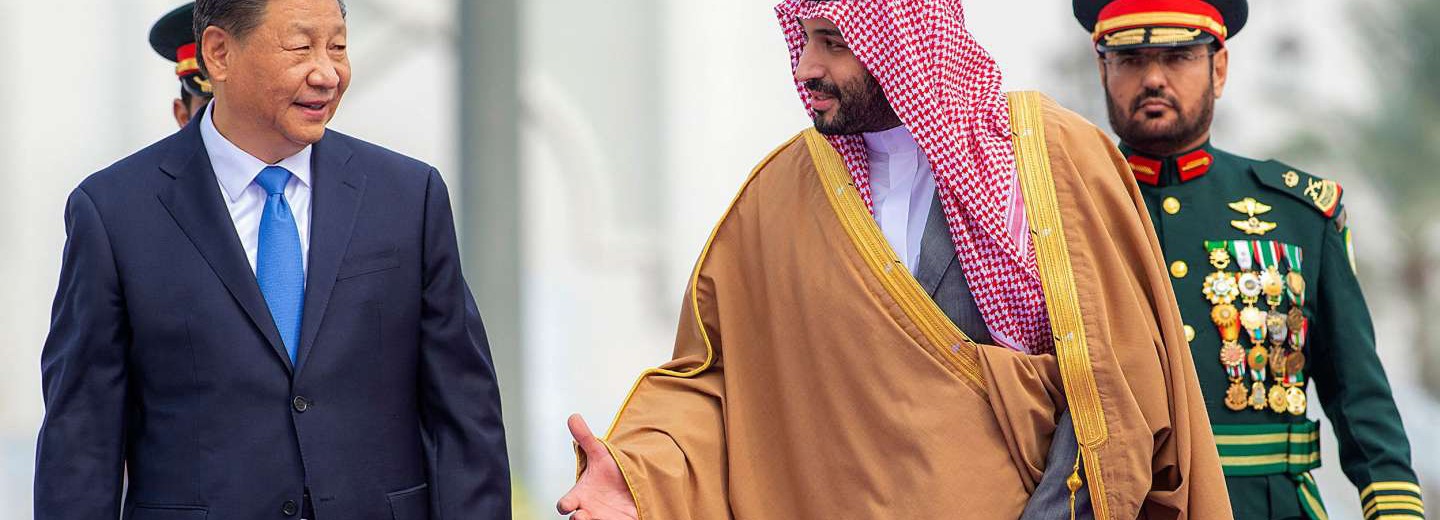Great Change
Last week, we published a post about how the Middle East has changed. This week we look at another example of China’s changing role. From the Opium Wars to the mediation of the Russian-Ukrainian War, how did China’s ‘upgrade’ happen? I have adapted this article by Liu Yanting from the original that appeared in HK01. HK01 is a paper owned by a Mainland businessman and published in Hong Kong. It supports the Chinese viewpoint with a constructive and progressive voice.
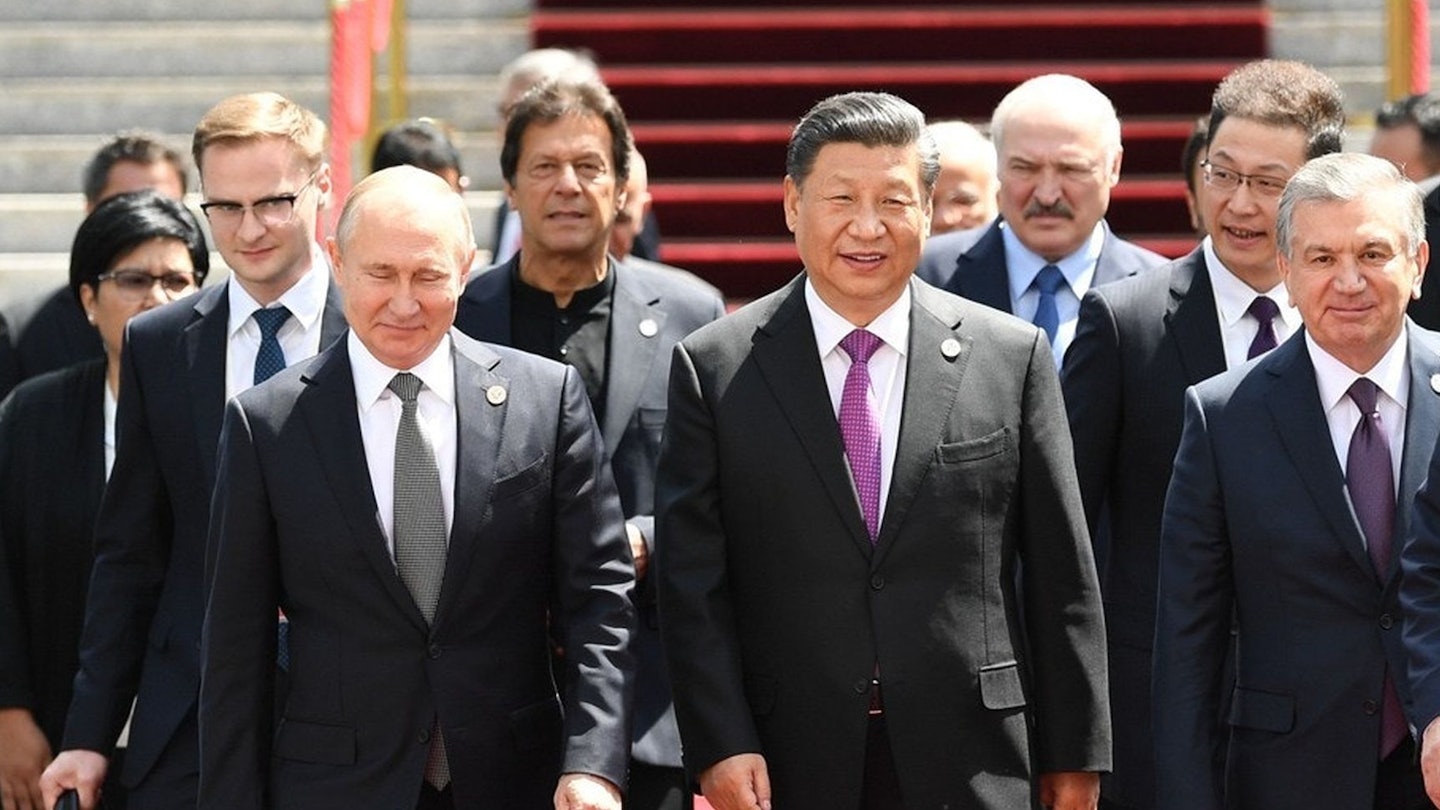
In February 2022, Russia launched a military operation against Ukraine; this caused a global surprise. Although the United States launched sanctions against Russia at once, it could only mobilise its traditional allies: Japan and South Korea, Europe, and Taiwan. Most countries in Asia, Africa and Latin America neither supported Russia's war position nor the sanctions of Western organisations. They maintained contact with Russia.
Europe and the United States faced an energy and inflation crisis, however. The United States asked Saudi Arabia and other oil-producing countries to increase production and ease oil prices. Joe Biden even visited Saudi Arabia in person for this. But his efforts were futile: Saudi Arabia and other Gulf countries not only did not agree to increase production but also decided to reduce it after coordinating with Russia. The United States not only did not solve the problem but also lost prestige.
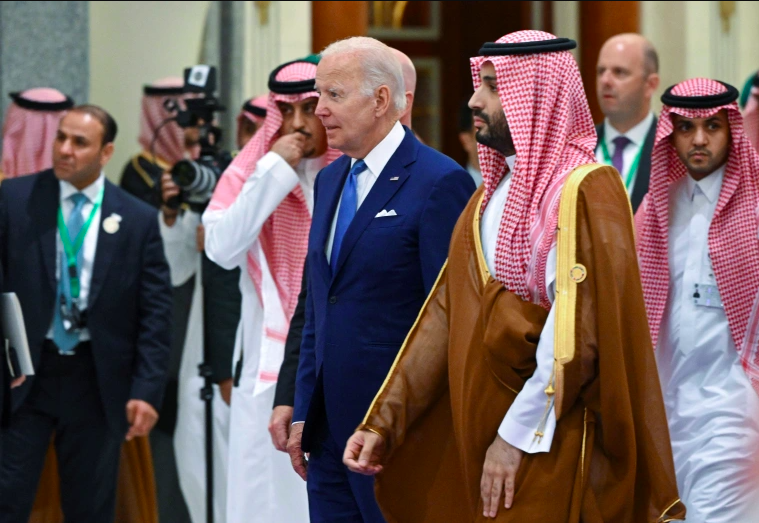
China has always adhered to the principle of not militarily supporting Russia. In February 2023, China issued a paper on the anniversary of the Russian-Ukrainian War, re-emphasizing its politically neutral position of persuasion and promoting peace talks. Although the United States severely criticised this, European countries and Ukraine responded positively.
In March, top delegates from Saudi Arabia and Iran were in Beijing. The announcement of the resumption of diplomatic relations exposed the United States' past in the Middle East. In later March, Xi Jinping visited Russia, highlighting that Sino-Russian relations were not threatened by war and third parties. In April, French President Macron and Brazilian President Lula da Silva visited China. In April, Xi Jinping also talked to Ukrainian President Volodymyr Zelenskyy on the phone to convey China's intention to mediate between Russia and Ukraine.
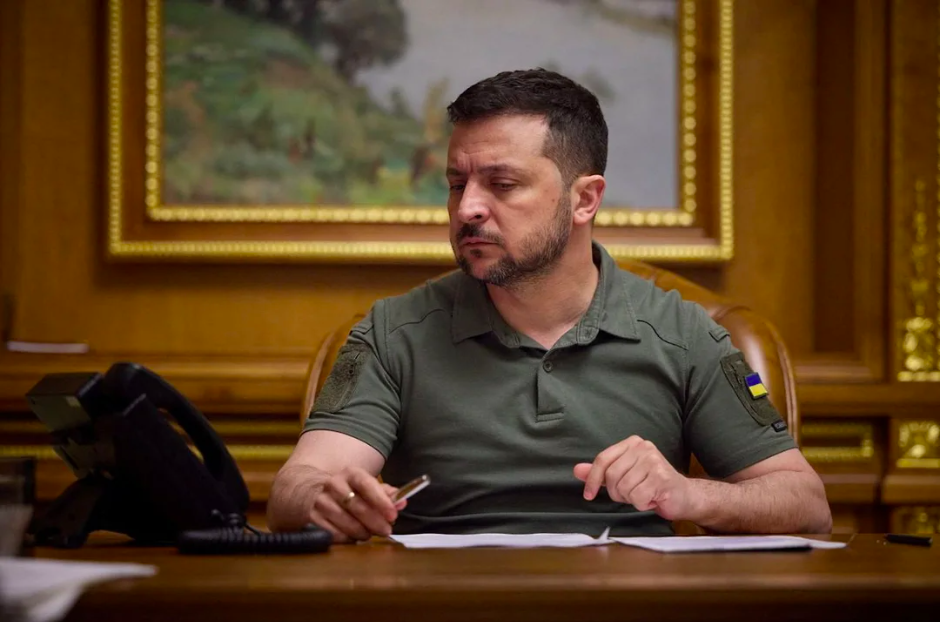
The change between East and West
Although China has a key role in the change, it is not the only country that refuses to submit to the USA. This reflects an important force to promote change: the re-emergence of the East.
Since the era of ‘discovery’, Western ships sailed the world. Asia, Africa, and Latin America suffered from colonisation and aggression. China has experienced turmoil and humiliation since the Opium War. Over history, world hegemony has changed many times. But the power pattern of the East being subordinate to the West has remained unchanged. Even today, the West continues to dominate the world power system. Its developments are also regarded as the best model of modernisation by the East.
However, the West is gradually showing its fatigue. The economies of Europe and the United States are declining. The United States has become the world's largest debtor country. China and Japan are its main financiers.
These trends have led to many "Oriental Projects" to integrate regions and markets, such as the Shanghai Cooperation Organization established in 2001, the BRICS Group established in 2006, the "Belt and Road Initiative" which launched in 2013, and the Asian Infrastructure Investment Bank which opened in 2016.
The end of the Cold War did not bring the end of history, but gradually brought the Western model and system down from the heights. The failure of the Western model has speeded up the awakening of the East. The most obvious case is that Middle Eastern countries insist on deepening cooperation with China despite the so-called "Xinjiang genocide" narrative played out in the West. The rise of the East is no longer a purely economic phenomenon but reflects disenchantment with the Western paradigm.
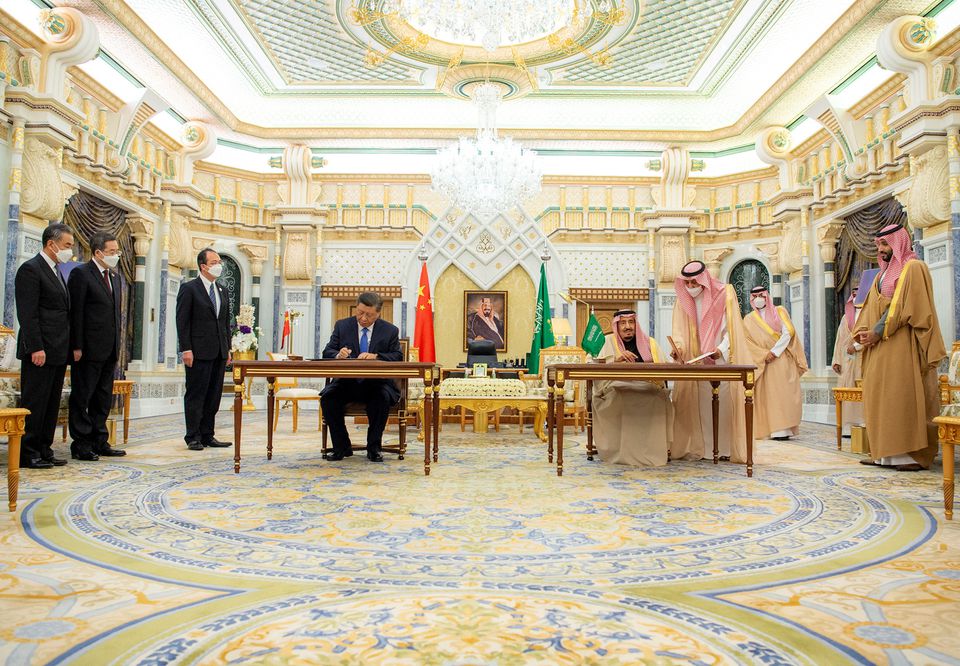
The US dollar is still the strongest currency in the world. China is indeed rising, but the United States is still the world's leading superpower; however, change in the international order is inevitable.
Taking the Russian-Ukrainian War as an example, countries around the world have noted the actions of the United States. But there have been varying degrees of support from Asia, Africa, Latin America and even European countries. In the Middle East, the Gulf countries led by Saudi Arabia neither participated in sanctions against Russia nor cooperated with the call of the United States to reduce oil production.
Saudi Arabia and Iran announced the resumption of diplomatic relations in Beijing, silently declaring that China was no longer a visitor to the Middle East, but a powerful participant. In Europe, Germany, France, and other countries have not responded to the call of the United States to decouple from China.
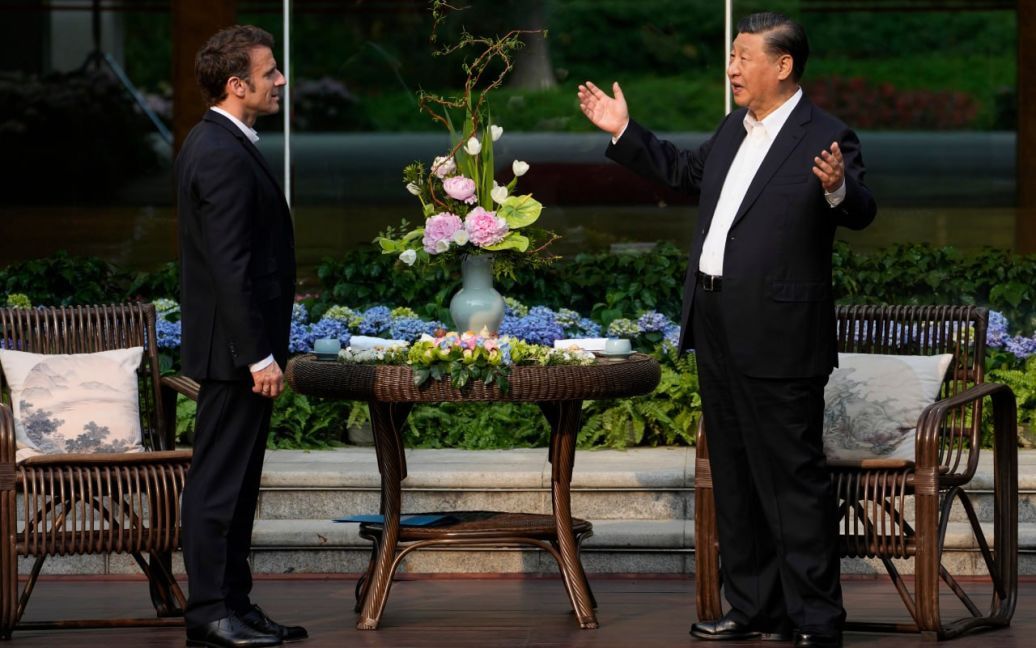
For these countries, resisting the United States is not falling into China’s arms. But the unreasonable demands of the United States are inconsistent with their national interests. Whether it is Saudi Arabia or France, the reason why these countries choose to cooperate with China on some issues is not to choose sides in the struggle between China and the United States, but to liberate themselves from the control of the United States and promote their own national interests.
From the disaster of the Opium Wars to mediating the Russian-Ukrainian War, China's development has taken more than a hundred years. During this period, it gradually has grown into a promoter of change. The Russian-Ukrainian war is not only that of Russia challenging the United States, but also a sign of global change.
This not only makes China more constructive, but also renders the multi-polar pattern clearer. In the end, this is not just a hundred-year change for China, but also for the world.
Worked on the article:

Wanlikhang


